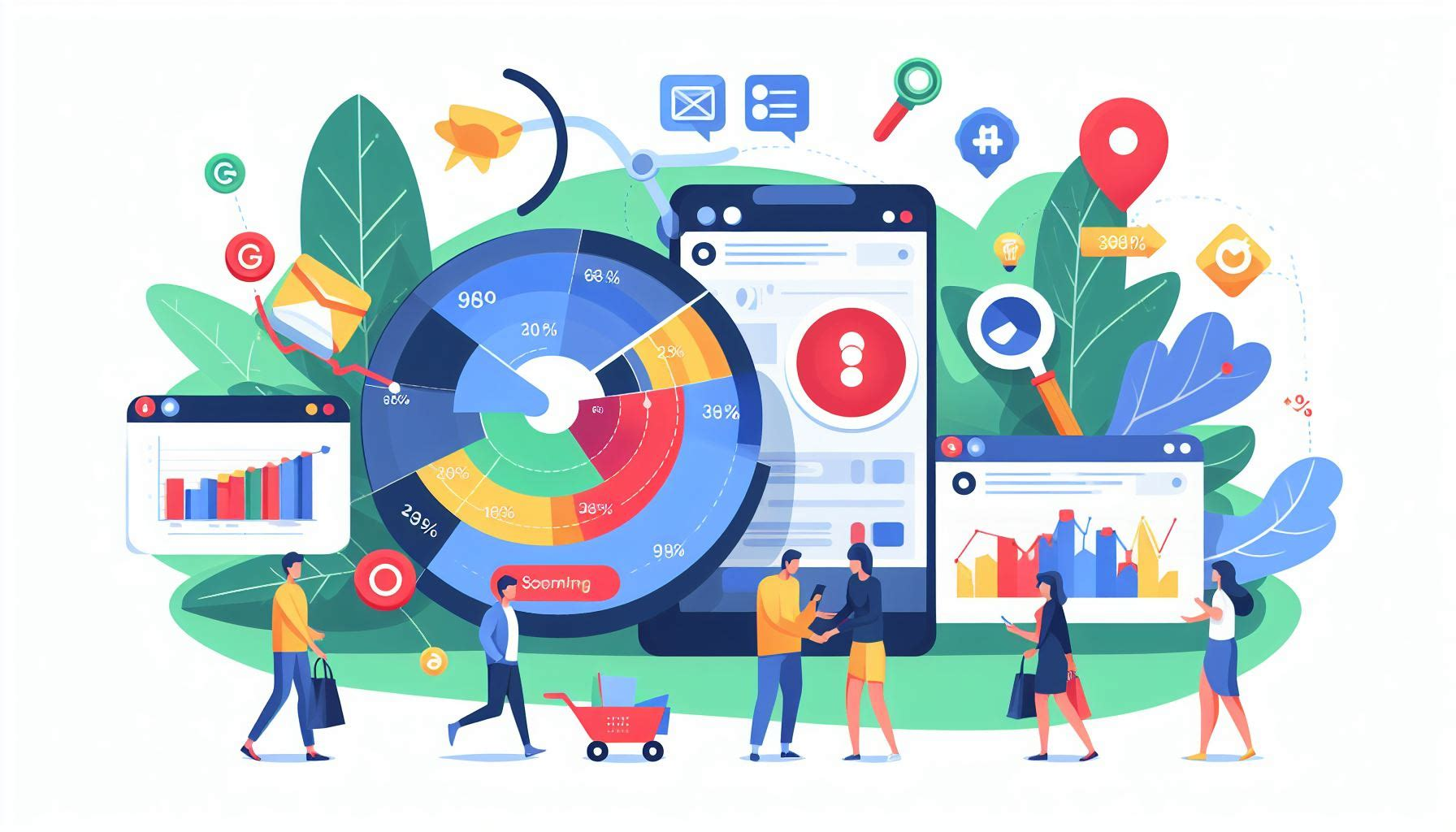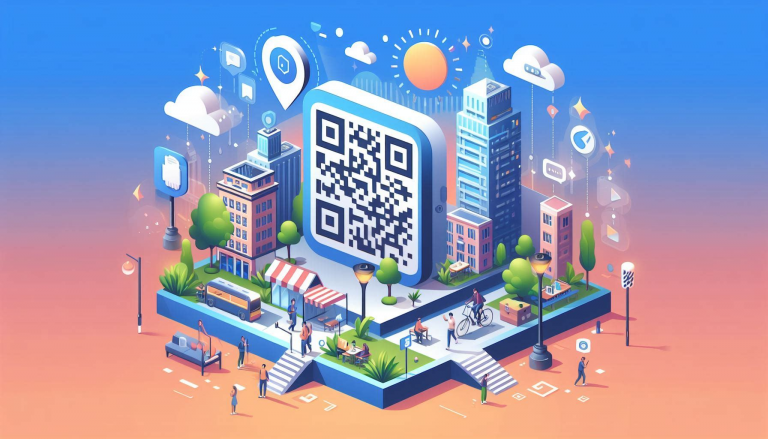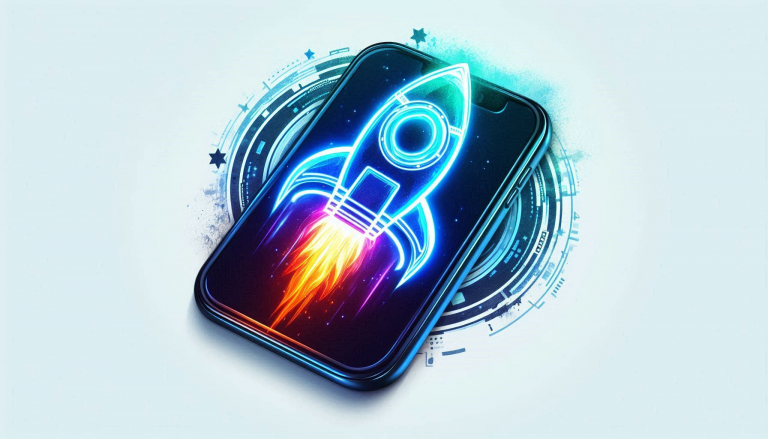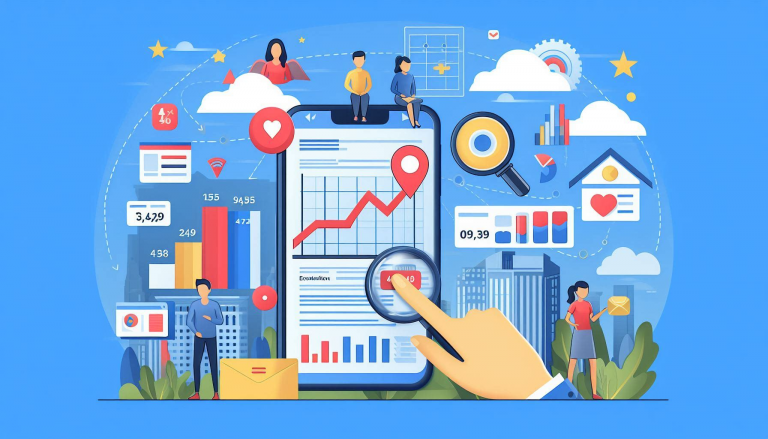In the fast-paced world of mobile app marketing, understanding where your users come from and how they interact with your app is crucial. This is where app attribution comes into play. But what exactly is app attribution, and how does it work? Let’s dive in.
What is App Attribution?
App attribution is the process of identifying the source of user actions within an app. It helps app developers and marketers understand which marketing channels, campaigns, or ads led users to download and engage with their app. This data is essential for optimizing marketing strategies, allocating budgets effectively, and improving user acquisition and retention efforts.
Why App Attribution Matters
- Optimized Marketing Spend: By knowing which channels are most effective, marketers can allocate their budget more efficiently, investing in campaigns that deliver the highest return on investment (ROI).
- Improved User Acquisition: Understanding which sources bring in high-quality users allows marketers to focus on strategies that attract engaged and loyal users.
- Enhanced User Experience: Attribution data helps identify how users interact with the app, enabling developers to improve the user experience based on actual user behavior.
- Accurate Performance Measurement: It provides a clear picture of campaign performance, making it easier to measure the success of different marketing efforts.
How App Attribution Works
1. Attribution Models
Attribution models are the frameworks used to assign credit to different touchpoints in the user journey. The most common models include:
- Last-Click Attribution: Credits the last touchpoint before the user installs the app.
- First-Click Attribution: Credits the first touchpoint in the user’s journey.
- Multi-Touch Attribution: Distributes credit across multiple touchpoints in the user journey, providing a more comprehensive view.
2. Tracking Mechanisms
Several methods are used to track user interactions and attribute them correctly:
a. Device Identifiers
- IDFA (Identifier for Advertisers) for iOS: A unique identifier used to track users for advertising purposes.
- GAID (Google Advertising ID) for Android: Similar to IDFA, but for Android devices.
b. Fingerprinting
- Device Fingerprinting: Captures various device attributes (e.g., IP address, device model, OS version) to create a unique identifier when traditional device identifiers are not available.
c. SDK Integration
- Software Development Kits (SDKs): Third-party attribution providers offer SDKs that app developers can integrate into their apps to collect and analyze attribution data.
3. Post-Install Events
Beyond just tracking installs, app attribution also involves monitoring in-app events, such as:
- Registrations
- Purchases
- Level completions
- Engagement metrics (e.g., session duration, frequency)
This helps in understanding the quality and value of users acquired through different channels.
4. Deep Linking
Deep linking is a crucial part of app attribution. It involves using URLs that direct users to specific content within an app, rather than just opening the app’s homepage. This is particularly useful for re-engagement campaigns and providing a seamless user experience.
Key Players in App Attribution
Several companies specialize in providing app attribution solutions. Some of the leading attribution providers include:
- Adjust
- Appsflyer
- Branch
- Kochava
- Singular
These platforms offer comprehensive tools for tracking, analyzing, and optimizing app marketing efforts.
Challenges in App Attribution
Despite its benefits, app attribution comes with its own set of challenges:
- Privacy Concerns: Increasing concerns about user privacy and data security have led to stricter regulations, such as GDPR and CCPA, affecting how attribution data is collected and used.
- Ad Fraud: Attribution fraud, where false data is generated to claim ad spend, is a significant issue that marketers need to be aware of.
- Cross-Device Tracking: With users engaging on multiple devices, tracking their journey accurately across different platforms can be complex.
Future of App Attribution
The landscape of app attribution is evolving rapidly, with advancements in artificial intelligence and machine learning offering more precise and predictive analytics. Privacy-centric attribution models are also emerging to balance the need for data with user privacy concerns.
In conclusion, app attribution is a vital tool for any app marketer aiming to understand their audience and maximize the effectiveness of their campaigns. By leveraging the right models, tracking mechanisms, and attribution providers, marketers can gain deep insights into their user acquisition efforts, ultimately driving growth and success for their apps.
By understanding and implementing app attribution effectively, you can ensure that your marketing efforts are data-driven, targeted, and optimized for the best possible results.





